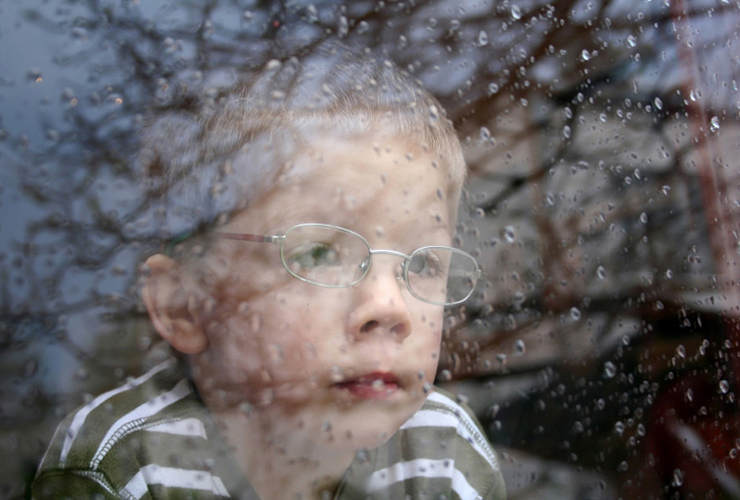“Schools can really help by building depression, anxiety, impulsivity into regular biology or health classes,” says David Shaffer, MD, professor of psychiatry and pediatrics at Columbia University/New York State Psychiatric Institute. Shaffer is a renowned expert in youth suicide prevention.
“The average child doesn’t have any conception of what depression is, as an illness. They’re aware of medication because a lot are on it. But they don’t know what’s involved in treatment. They don’t know the subtle signs of depression—criticizing of self, feeling unwanted by other people. These cognitive aspects of depression are not known (by children), not talked about. I don’t know why they’re not being taught. We need a movement behind this, a curriculum behind it.”
Shaffer notes that even more treatable than depression is anxiety—performance, separation and social in nature, and all prevalent among school and college youths. Yet if anxiety disorders go untreated, they can make one vulnerable to depression and thoughts of suicide.
“Anxiety is so common, so well understood that I think we should do more,” adds Shaffer.
 PBS 2007: More with David Shaffer, MD, chief of the Division of Child and Adolescent Psychiatry at Columbia University Medical Center. Dr. Shaffer’s work has centered on understanding the cause of depressive illness in youth and how this factors into the diagnosis of unipolar and bipolar illness in childhood and adolescence.
PBS 2007: More with David Shaffer, MD, chief of the Division of Child and Adolescent Psychiatry at Columbia University Medical Center. Dr. Shaffer’s work has centered on understanding the cause of depressive illness in youth and how this factors into the diagnosis of unipolar and bipolar illness in childhood and adolescence.


